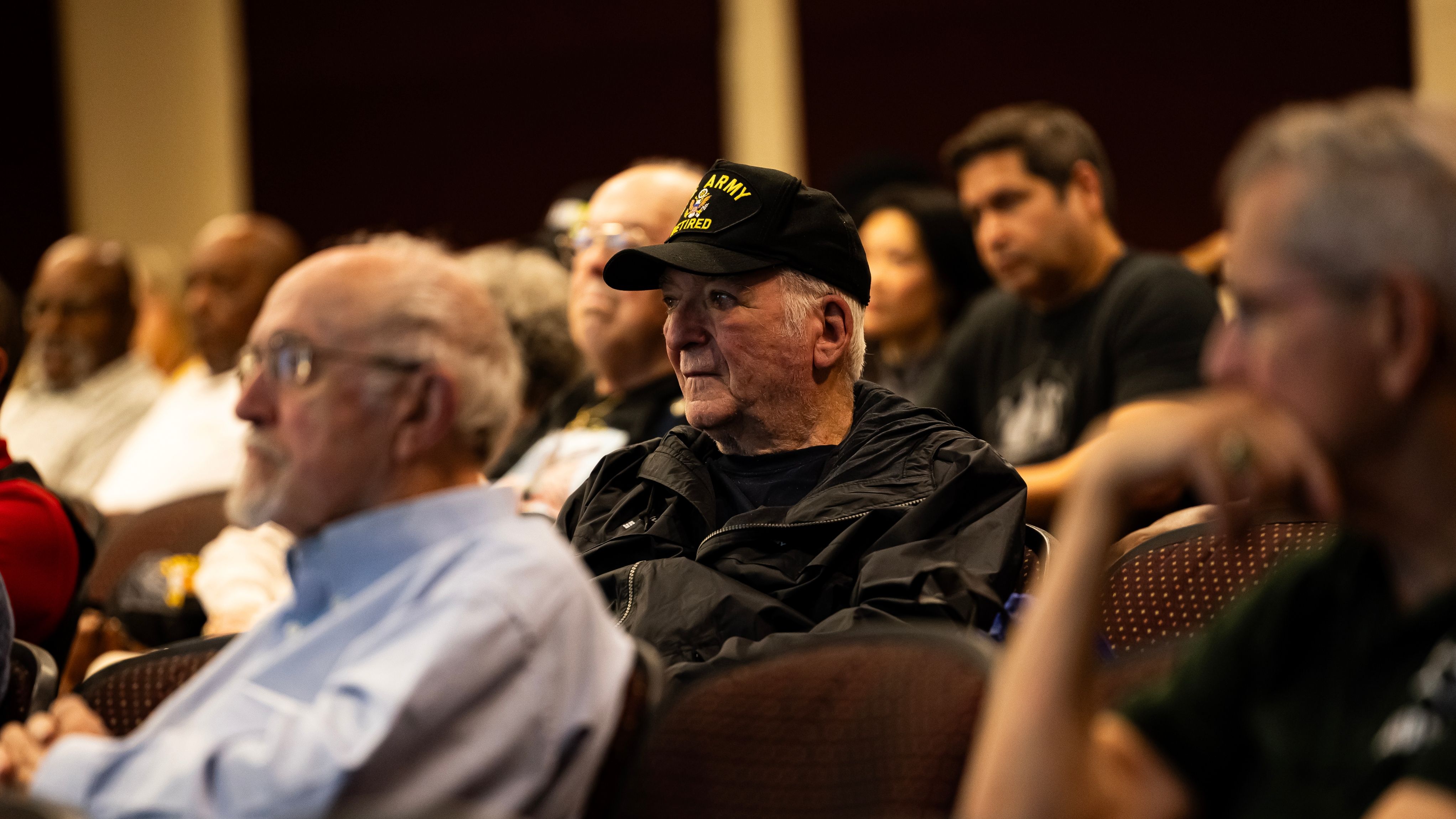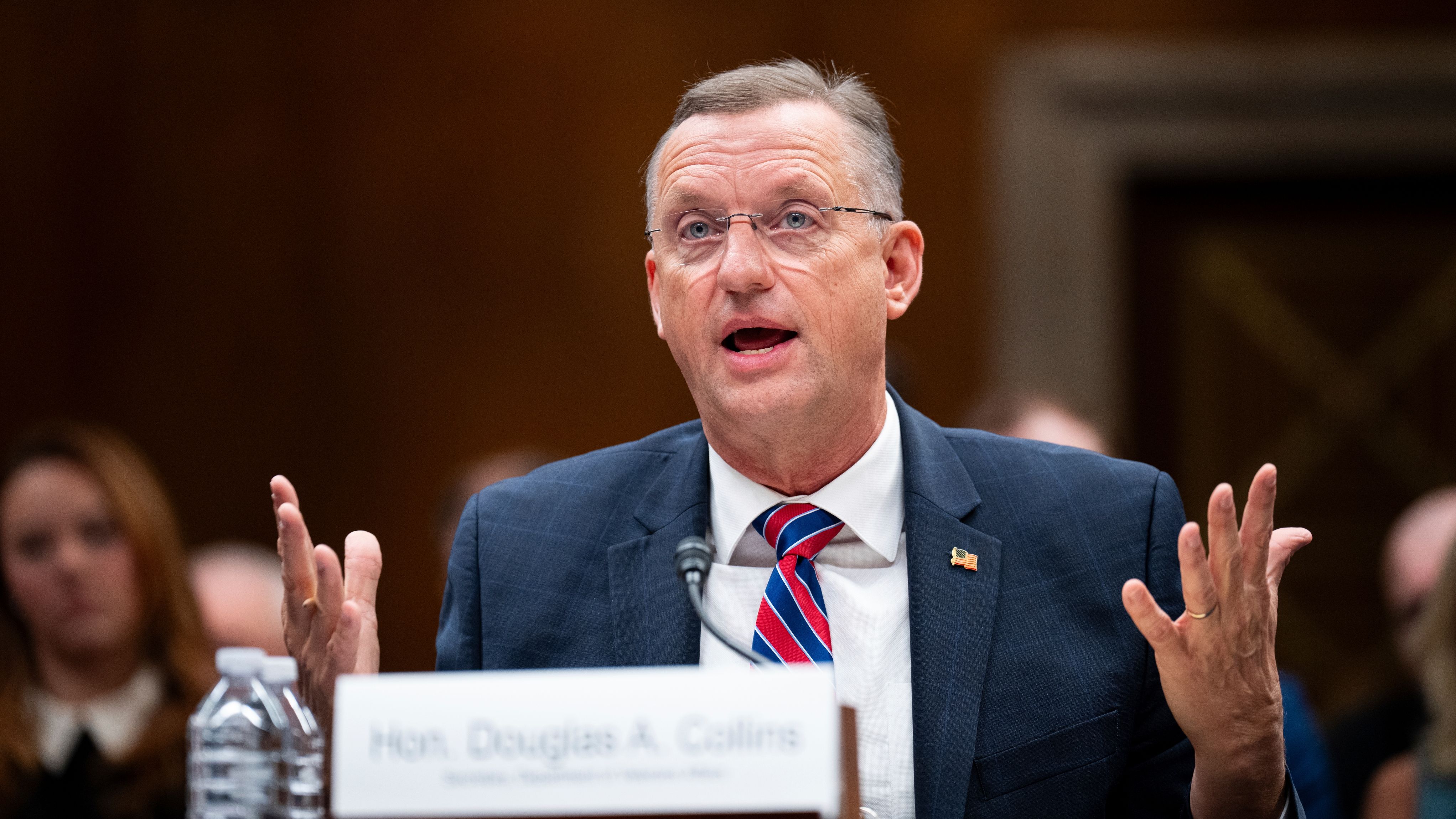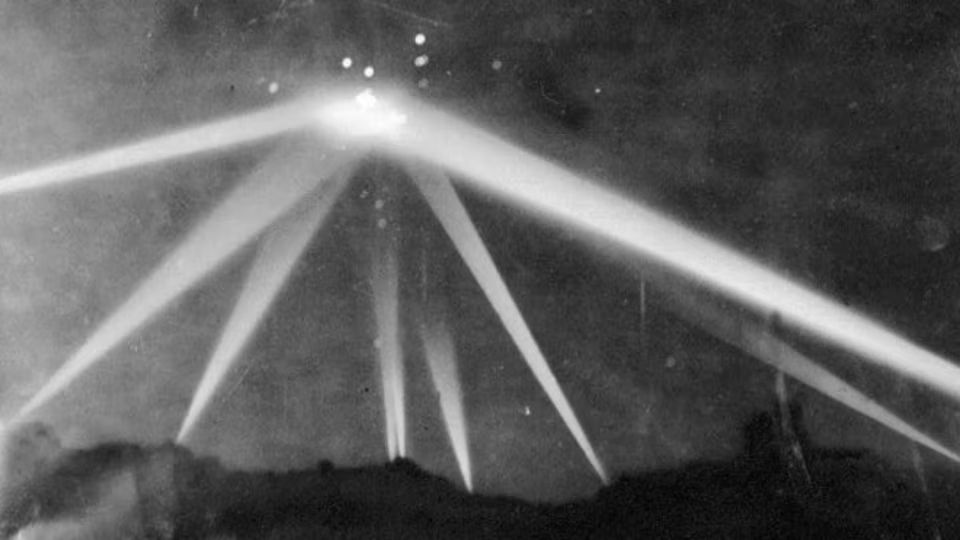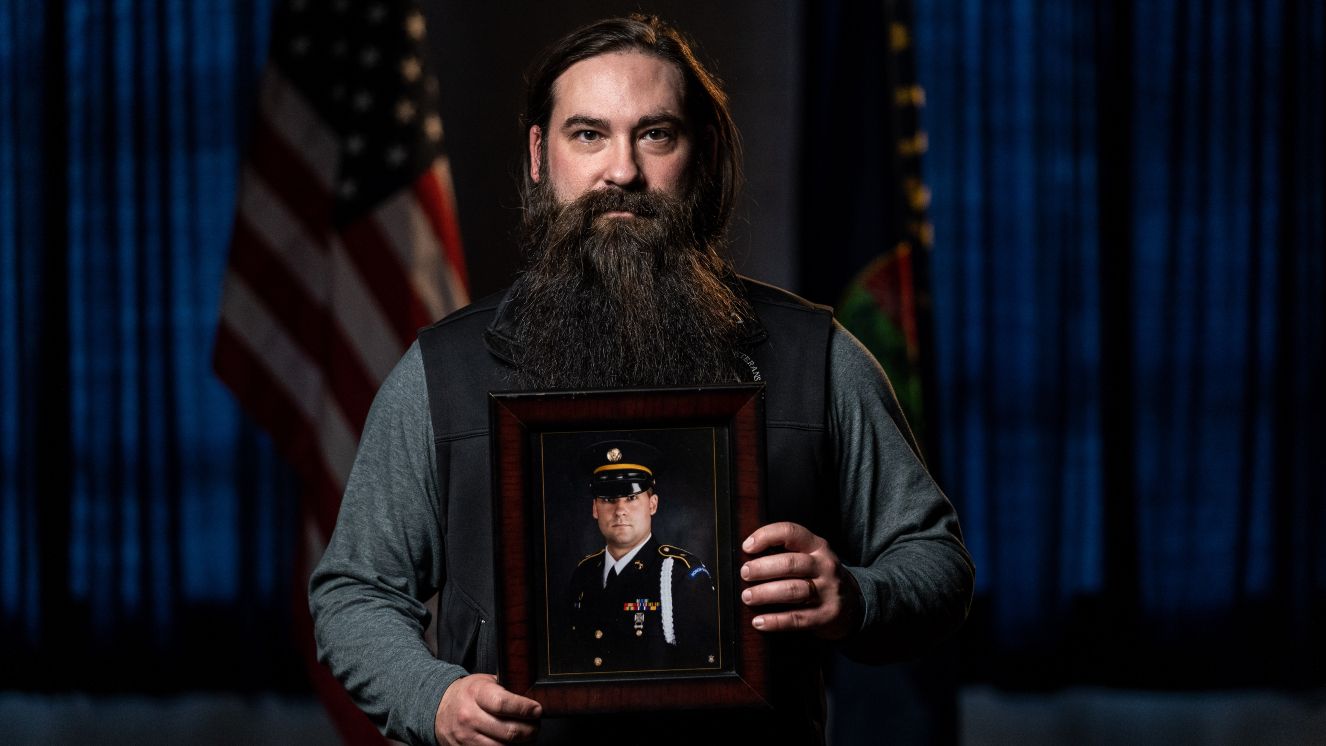VA EXPANDS COVERAGE TO MALE BREAST CANCER
COMMENT
SHARE

The Department of Veterans Affairs offers and manages healthcare benefits for Vets needing medical attention. Recently, they have added urethral, paraurethral glands, and male breast cancer to the list of diseases assumed to be connected to military service. This is excellent news for those suffering from such conditions because getting medical assistance for these illnesses is expensive. The move by the VA is one of a series of cancers and respiratory ailments that they added to the list of presumptive diseases as part of the PACT Act; with this move, millions of Vets nationwide will be impacted.
The Move for Male Breast Cancer Assistance
VA Secretary Denis McDonough mentioned that adding those three illnesses is part of the broad push to provide better benefits and health care to toxic-exposed Vets. This change encompasses Veterans who served in the Gulf War or those deployed in Afghanistan, Djibouti, Egypt, Iraq, Lebanon, Yemen, Uzbekistan, Somalia, Jordan, and Syria after 2001. Furthermore, those who were deployed in southwest Asia may also be eligible.The presumptive status will allow them to apply for benefits for male breast cancer and the other two without getting all the paperwork, establishing their state as an outcome of military service. This process can shorten the waiting period. Once the claims are approved, Vets can also be qualified for benefits dating back to August 2022, when the PACT Act was inked into law. Department officials will scrutinize all claims from those suffering from male breast cancer and the two added diseases. Survivors from the last two years will be granted financial payouts. Those who have yet to file claims can start via the VA website. Last month, the VA granted its one-millionth claim relating to the PACT Act and has released a payment of around $5.7 billion to Vets over that time frame.
What Are the Male Breast Cancer Symptoms?
Having breast cancer in males is rare. However, it begins with the growth of cells in the breast tissue. Although this condition mainly affects women, everyone is born with breast tissue. Thus, anyone can be at risk of having it. However, male breast cancer symptoms are more prominent in the older bracket, though it can occur at any age. Some of the symptoms that you need to look for include the following:
- Breast lump or swelling under the nipple and areola is the most common sign of breast cancer in men. It is sometimes found in the upper outer part of the breast. Males have less breast tissue than females, so it is easier to find breast cancer symptoms.
- Nipple changes involve a swollen or stiff feeling, retraction, a discharge that is clear or tinged with blood, redness or rash, sensitivity, tenderness, and pain.
- Skin changes are also one of the symptoms of breast cancer, with general irritation, redness, puckering, and dimpling, comparing the appearance of an orange peel and ulcerations.
- General changes in appearance include the size of the breast area that happens to be misshapen, more prominent, or sunken.
- Swollen lymph nodes just around the collarbone or under the arm are another male breast cancer symptom.
- Other rare indications include being warm to touch, redness or bruised in appearance, pitting of the skin, heaviness, and burning sensation.
Male Breast Cancer Treatment
With the advancement of technology, breast cancer treatment is now available. For example, the most common treatments are surgery, hormone therapy, and chemotherapy.
- Surgery is one of the standard options. Its goal is to remove the cancer-infected area and some tissues around it through mastectomy and lumpectomy. Other procedures involve removing the lymph nodes for testing.
- Radiation therapy kills cancer cells; the energy can come from protons, X-rays, or other sources. In male breast cancer treatment, this procedure may necessary after surgery, killing any remaining cancer cells.
- Hormone therapy is necessary if your cancer is hormone-sensitive. This procedure can block cancer from recurring after surgery. If the disease spreads to other body parts, this treatment can help slow down its growth.
- Chemotherapy uses vital drugs to kill cancer cells; these prescriptions are injectable, and some are available in pill form.
- Targeted therapy uses treatments to attack distinct chemicals in the cancer cells. Blocking these chemicals causes the cancer cells to die. This treatment is often after surgery to ensure the body is clear of the disease.
Always get in touch with your doctor if you notice some symptoms of male breast cancer. The earlier detection of cancer can make a difference. Finally, you can visit the VA disability claim page to check the process and the information needed to file a claim.Suggested reads:
Join the Conversation
BY ALLISON KIRSCHBAUM
Veteran, Military History & Culture Writer at VeteranLife
Navy Veteran
Allison Kirschbaum is a Navy Veteran and an experienced historian. She has seven years of experience creating compelling digital content across diverse industries, including Military, Defense, History, SaaS, MarTech, FinTech, financial services, insurance, and manufacturing. She brings this expertis...
Credentials
Expertise
Allison Kirschbaum is a Navy Veteran and an experienced historian. She has seven years of experience creating compelling digital content across diverse industries, including Military, Defense, History, SaaS, MarTech, FinTech, financial services, insurance, and manufacturing. She brings this expertis...



